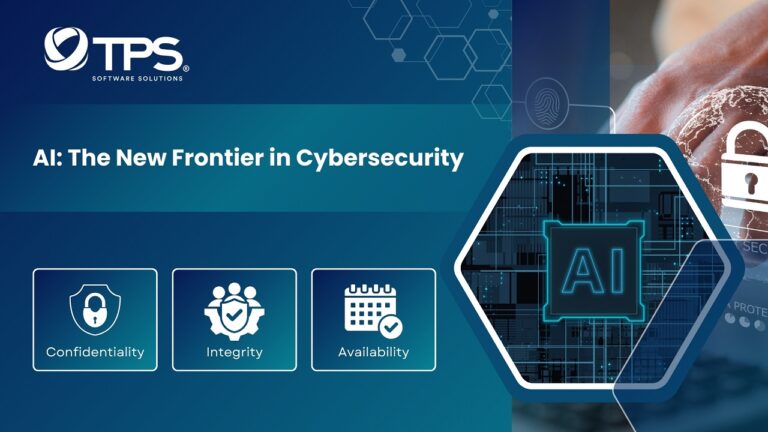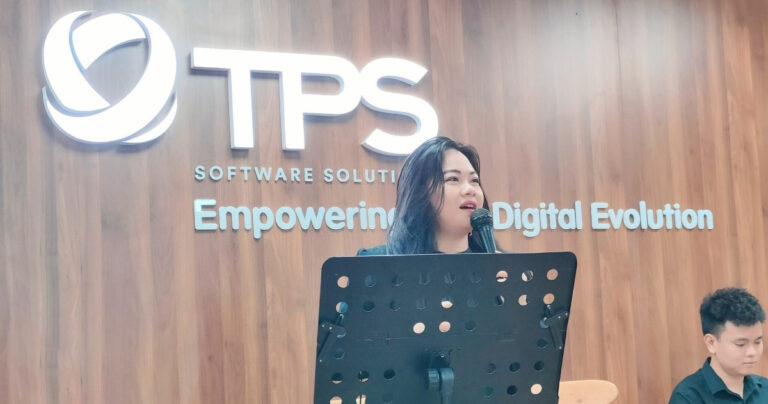In today’s digital age, the sophistication and frequency of cyber-attacks are rapidly escalating, posing significant threats to businesses, governments, and individuals alike. As cybercriminals develop increasingly advanced tactics, traditional security measures alone are no longer sufficient to protect sensitive data and critical infrastructure. Firewalls, antivirus software, and manual monitoring—while still important—are often outpaced by the sheer volume and complexity of modern cyber threats.
A Game-Changer in Cybersecurity
This is where Artificial Intelligence (AI) steps in as a game-changer. By automating complex processes and continuously learning from new data, AI empowers organisations to detect and respond to threats with unprecedented speed and accuracy. Unlike traditional security systems that rely on predefined rules and signatures, AI-driven solutions can analyse vast amounts of data in real-time, identify abnormal patterns, and predict potential threats before they materialise. This proactive approach allows for quicker intervention, often stopping attacks in their tracks before any significant damage is done.
Real-Time Threat Detection and Response
One of the most significant advantages of AI in cybersecurity is its ability to adapt and learn from new threats. Cybersecurity threats are constantly evolving, with attackers using AI and machine learning to develop more sophisticated malware and exploit vulnerabilities. In response, AI-based security systems can quickly update their algorithms, ensuring that they stay ahead of emerging threats. This continuous learning capability is crucial in a landscape where the threat environment is constantly changing.
Enhancing Security Operations with AI
AI also enhances the efficiency of security operations by reducing the workload on human analysts. Many organisations are overwhelmed by the sheer volume of alerts generated by traditional security systems, leading to alert fatigue and potentially missed threats. AI can filter out false positives and prioritise the most critical alerts, enabling security teams to focus their attention on genuine threats. This not only improves the effectiveness of security measures but also allows for more efficient use of resources.
Strengthening Authentication and Identity Protection
Moreover, AI-powered cybersecurity solutions are increasingly being used to strengthen authentication processes and protect against identity theft. By analysing behavioural patterns, AI can detect unusual login attempts or transactions that may indicate a compromised account. This level of scrutiny helps to prevent unauthorised access and ensures that sensitive information remains secure.
The Essential Role of AI in Modern Cybersecurity
As cyber threats continue to evolve in both scale and complexity, embracing AI-driven cybersecurity solutions is no longer optional—it’s essential. Organisations that leverage AI to bolster their defences will be better equipped to safeguard their assets and maintain trust in the digital world. Those who fail to adopt these advanced technologies risk falling behind, leaving themselves vulnerable to the increasingly sophisticated tactics of cybercriminals.
The Future of Cyber Defense
In conclusion, AI represents the new frontier in cybersecurity, offering a dynamic and adaptive approach to defending against cyber threats. As the digital landscape continues to evolve, the integration of AI into cybersecurity strategies will be critical for staying ahead of potential risks and ensuring the safety and integrity of digital assets.
Contact Us
To learn more about how AI can transform your cybersecurity strategy, email us at contact@tpssoft.com.













